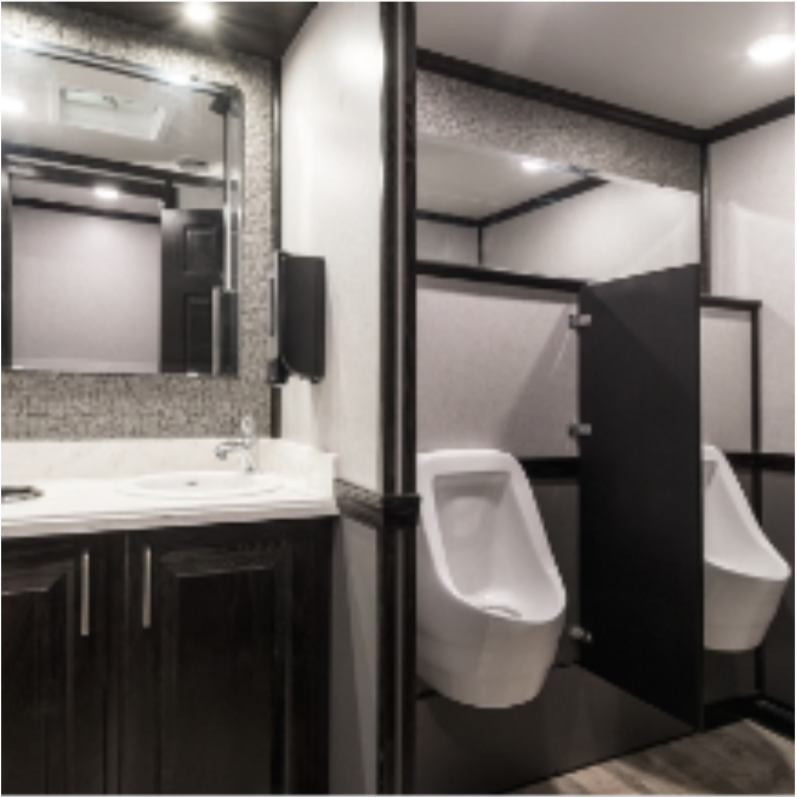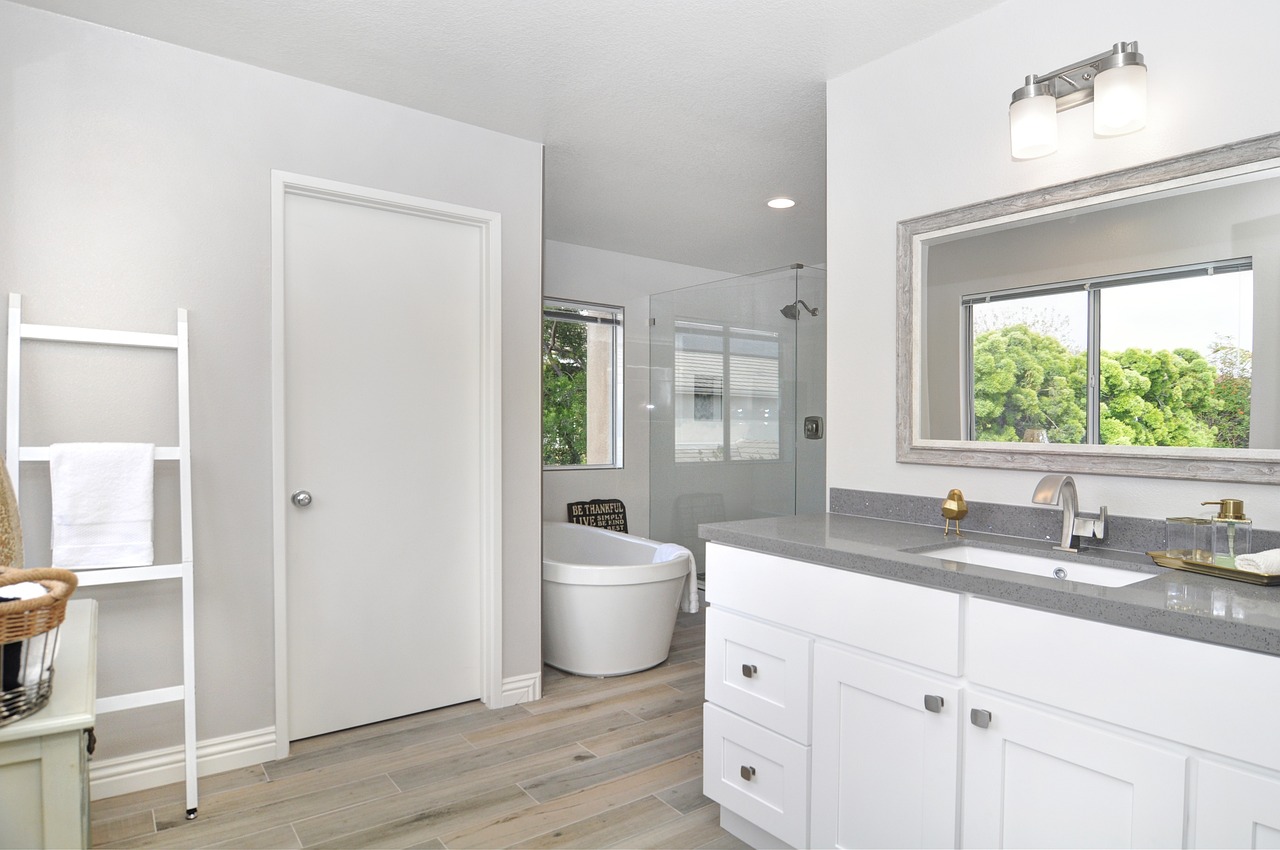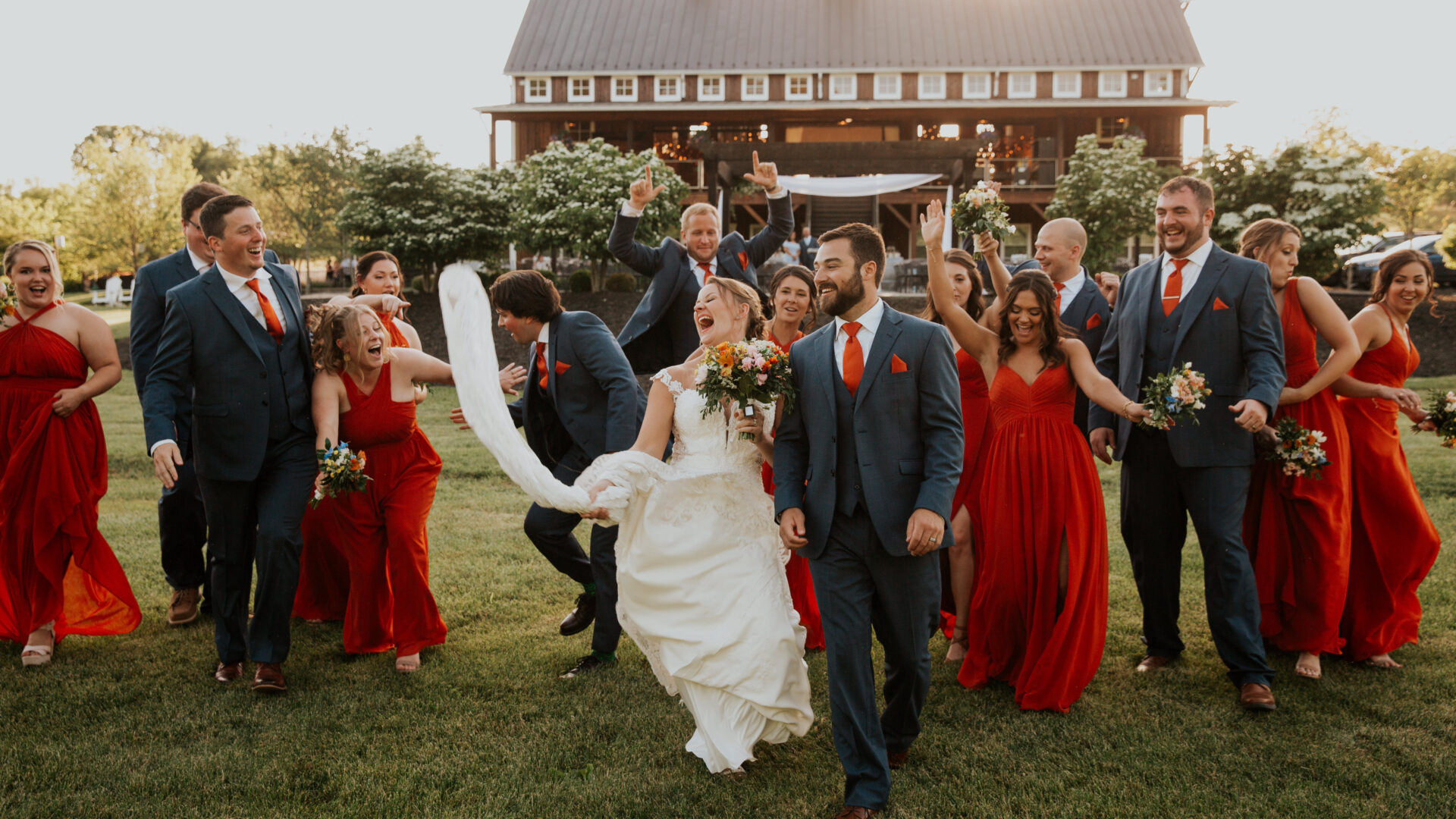By Terry Meadows
How can you be certain that you have accounted for everything in your wedding budget?
Are you concerned that you will face a last minute charge that you hadn't anticipation or included in your budget?
You have your budget set, but hidden costs can still catch you off guard. Unless you're a meticulous planner or are using an all-inclusive venue, you might miss some of these expenses.
At Zion Springs, we know wedding planning is stressful. As an all-inclusive venue, we handle everything for you. Even if you choose a different venue, it's important to be aware of potential hidden costs.
Here are some common hidden costs you might face, with current prices from The Wedding Report.
5 Hidden Costs when Planning Your Wedding
Overlooked expenses can easily arise during the wedding planning process. If you choose to go with an truly all-inclusive venue, you can rest easy that you are paying one price for everything, thus eliminating the chance of hidden costs. This section covers common hidden costs to help you budget more accurately and avoid surprises on your big day.
1. Wedding Stationery and Postage?
You have carefully and thoughtfully chosen your announcement cards and invitation, but believe it or not, some vendors do not include the envelope in your wedding announcements, so make sure you check for that.
Postage is a sneaky one and can really rack up costs, especially if you send announcements and invitations internationally. Postage to mail a letter costs 68¢, which equates to $136 for 200 guests.
2. Wedding Insurance?
There is such a thing, and it might be worth purchasing, especially if you are investing a large sum of money in your wedding. Think of all those folks who never anticipated Covid shutdowns and how much money they simply lost.
Purchase your insurance before you book any vendors, and at the very least, consider purchasing insurance for cancellations or postponements and deposit loss.
You may also want to cover any unexpected financial losses, such as
- illness
- damages to venue property
- rental breakages
- theft of wedding gifts.
- additional policies for destination weddings.
Couples pay an average of $275 for coverage.
3. Wedding Trial Runs?
Do the trial run! It is better to spend the additional money to ensure you get what you expect. There are better times to experiment than on the wedding day. All-inclusive venues as well as some vendors include the trial runs in their fees, so check with them first.
These include:
- Hair and make-up - $50-$150 per person
- Wedding cake sampling - $20-$40
- Catered meals/tasting fees - price of a meal for one person
- Do-it-yourself decorations (don’t scoff, that crepe paper flower garland so lovingly designed and created by Auntie might look lost in the reception room.)
4. Attire and Alterations
This applies to both before and after the wedding. If you borrow your attire, you should get it cleaned before and after the wedding, and be prepared to fork out around $200-$300. If you rent your wedding outfit, verify if dry cleaning is included in the rental fee.
The bride can expect to have at least two fittings for alterations once the wedding dress is delivered. Dresses from retail stores are standardized to a specific size, and you will need your dress tailored to your fit. For the groom, you can expect at least one fitting, after you have chosen your outfit.
Hint: Pack fabric spot cleaners for accidents on the wedding day.
Brides often expect their dresses to arrive ready to fit, and unless your dress is custom-made for you, it probably comes from the factory with approximate measurements. You will need a seamstress to adjust it to fit correctly. This applies to your bridesmaids and the groom's and groomsmen's outfits.
Each outfit can cost around $150-$600.
5. Wedding Contingency Fund/Backup Plan
Anticipate a 10% overhead of your budget for contingencies.
Most often, this is for unexpected guests who turn up at the last minute. Your catering company will have enough food for a few extras who turn up on the day, and you will want to let them know as soon as possible that you have more guests. They will include these costs in your final invoice.
4 Hidden costs on the Day of the Wedding
Even with meticulous planning, unexpected expenses can arise on your wedding day. This section highlights common hidden costs such as ceremony fees, permits, delivery and setup charges, reception rentals, restroom facilities, and venue requirements. Being aware of these potential costs can help you better prepare and avoid surprises.
1. Average Ceremony Fee and Permit Cost
Marrying at a registry office or an off-site venue requires a ceremony fee which usually runs around $30.
You will likely need to obtain permits if you choose an outdoor venue or historical site. The National Park Service charges $90 for their permit, and often the parks also charge entrance fees.
Hint: Include a tip of around $50-100 to the officiant, the organist, and the musicians.
2. Delivery, Set Up and Tear Down Costs for a Wedding
While these services are included in an all-inclusive package, they should also appear on the initial invoice from your vendor. Be sure to confirm this with them beforehand.
You might be surprised by the high costs associated with delivery, setup, and teardown for your wedding. In Virginia, delivery fees typically range from $50 to $500, while setup and teardown for a mid-size wedding can cost between $1,000 and $1,500.
3. Wedding Reception Rentals?
Be particularly detailed when selecting what you include in your rentals for the reception, as some items could be excluded, much to your surprise.
Verify that these items are included (prices are average for Northern Virginia):
- Tables ($8) and chairs ($2 each)
- Linens - tablecloths ($10+), napkins ($1+), chair covers ($2+)
- China ($0.40-$0.60 per item)
- Barware and glassware ($0.40-$1.80 per item)
- Flatware ($0.40-$1.80 per item)
- Arch or alter ($75)
- Lighting ($200-$5000)
- Audio/visual equipment ($200+)
- Tents ($300)
- Dance floor ($1000)
Hint: provide extra extension cords for those hard-to-reach outlets.
4. Restrooms for a Wedding Reception
Everyone needs to go, and if you are in a natural setting, the bush behind the setup area will not cut it. You get what you pay for, so go for the most elegant you can afford.
On average, you should have at least one restroom per 100 people.
There are generally three options for portable restrooms; standard, elegant, and luxury:
Standard >$50
- Single unit, so you might need multiple bathrooms
- Plastic finishes
- Chemical long drop toilet
- Separate wash station


Elegant $500-$1500
- Trailer with multiple urinals and stalls
- Plastic finishes
- Flushing toilets
- Running water


Luxury $5000
- Trailer with multiple enclosed stalls
- Wood, granite finishes
- Flushing toilets
- Running water


Photo credit: United Rentals and YML Portable Restrooms
What are the Hidden Costs of Venues?
You have found a beautiful venue and want to bring your own vendor. Be prepared to pay for it.
Fortunately, these are included in an all-inclusive venue. If you are going with a DIY wedding, some fees you can expect are:
- fee for using an outside vendor, which can add up to 20% of their bill.
- food and beverage minimum charge
- corkage fee if you bring your own alcohol, which can run around $2 per bottle
- cake-cutting fees at $1.50 per slice
- a coat check station? That includes a fee for the attendant as well as the $9 per 100 guests average cost of a coat rack
- overtime usage fees for your facility, should the unexpected happen and your event is delayed, or people are having too much of a good time partying
- extra charge for setting up early.
Hidden Costs for Catering
Catering expenses can quickly add up beyond the main food and drink costs for your guests. This section covers additional costs you might encounter, such as providing meals for your vendors and accounting for taxes, tips, and service charges.
How Much Extra Food and Refreshments are Needed for Vendors?
It’s a long day, and you want to remember that your photographer, videographer, DJ, and musicians need to eat and drink as well. You don’t necessarily have to provide them with the same food as your guests, although they will possibly perform better with a nice meal instead of some desultory pizza in a greasy box.
Consider spending $7-$10 per person.
How much will you pay in taxes, tips, and service charges for your wedding?
Anticipate adding sales tax on everything, including services. Depending on the state where you get married, it can run up to 16%. Tips are generally 15% per person. Most venues charge a service fee of 18%-22%. With a $10,000 facility rental, that adds $1,800-$2,200 to your bill.
Have You Considered All the Hidden Costs for Your Wedding?
Planning a wedding can be overwhelming, especially when it comes to managing hidden costs. This article has highlighted common hidden expenses, equipping you with the knowledge to better prepare for your big day.
At Zion Springs, we understand the complexities of wedding planning and are committed to educating and guiding couples through this journey. Our all-inclusive approach ensures that no detail is overlooked, helping to make your wedding experience as seamless as possible.
For more in-depth insights and advice, visit the Answers and Advice page on our website. Explore topics like Legal Rights of the Bride and Groom and Common Wedding Day Mistakes to further enhance your wedding planning knowledge.
(Note: no compensation was received for mentions and links)
All photos in this article are courtesy of Zion Springs' in-house photographer.









